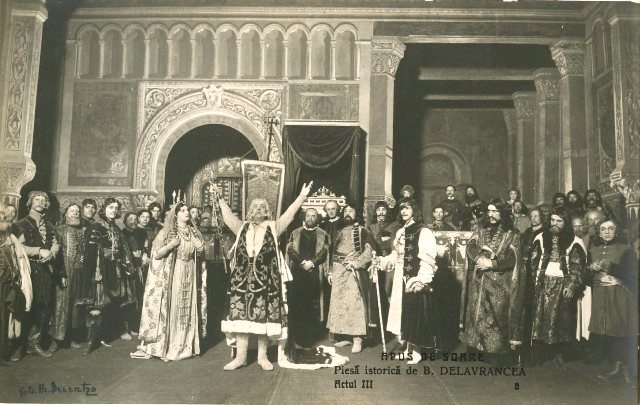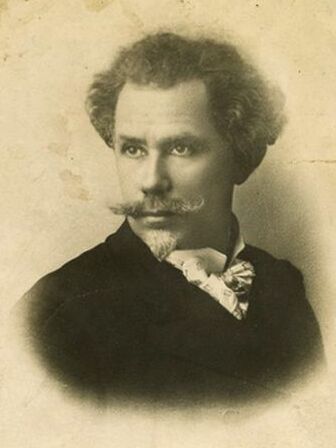Barbu St. Delavrancea and “Apus de soare’
Barbu Ștefănescu Delavrancea was a renowned Romanian writer and politician who lived from 1858 to 1918. One of the most interesting stories about him involves his famous play, “Apus de soare” (Sunset), which premiered in 1909.
At the time, Romania was a relatively young and inexperienced country, having gained independence from the Ottoman Empire only a few decades earlier. The country was still struggling to find its national identity and establish a distinct cultural identity.


Delavrancea’s play was a powerful reflection of this struggle, portraying the lives of peasants in rural Romania and their complex relationships with their land and with each other. The play was a huge success and was widely acclaimed for its realistic portrayal of Romanian life.
However, the success of “Apus de soare” did not sit well with the political authorities of the time. The play’s themes of struggle and oppression were seen as a threat to the established order, and Delavrancea himself was viewed with suspicion for his political views.
One day, while Delavrancea was attending a meeting of the Romanian Academy, he received a surprise visit from the police. They had come to arrest him on charges of “political subversion” and “incitement to rebellion”.


Despite his protests of innocence, Delavrancea was taken into custody and thrown into jail. The arrest was widely seen as an attempt by the government to silence a voice of dissent and to intimidate other artists and writers who might dare to speak out against the established order.
However, Delavrancea’s arrest backfired spectacularly. It sparked a wave of protests and demonstrations across the country, as people demanded his release and the preservation of artistic freedom.
After several days in jail, Delavrancea was finally released without charge, and his reputation as a hero of the people was cemented. The incident also marked a turning point in Romanian history, as it galvanized the movement for cultural and political independence and helped to establish a new sense of national identity.




